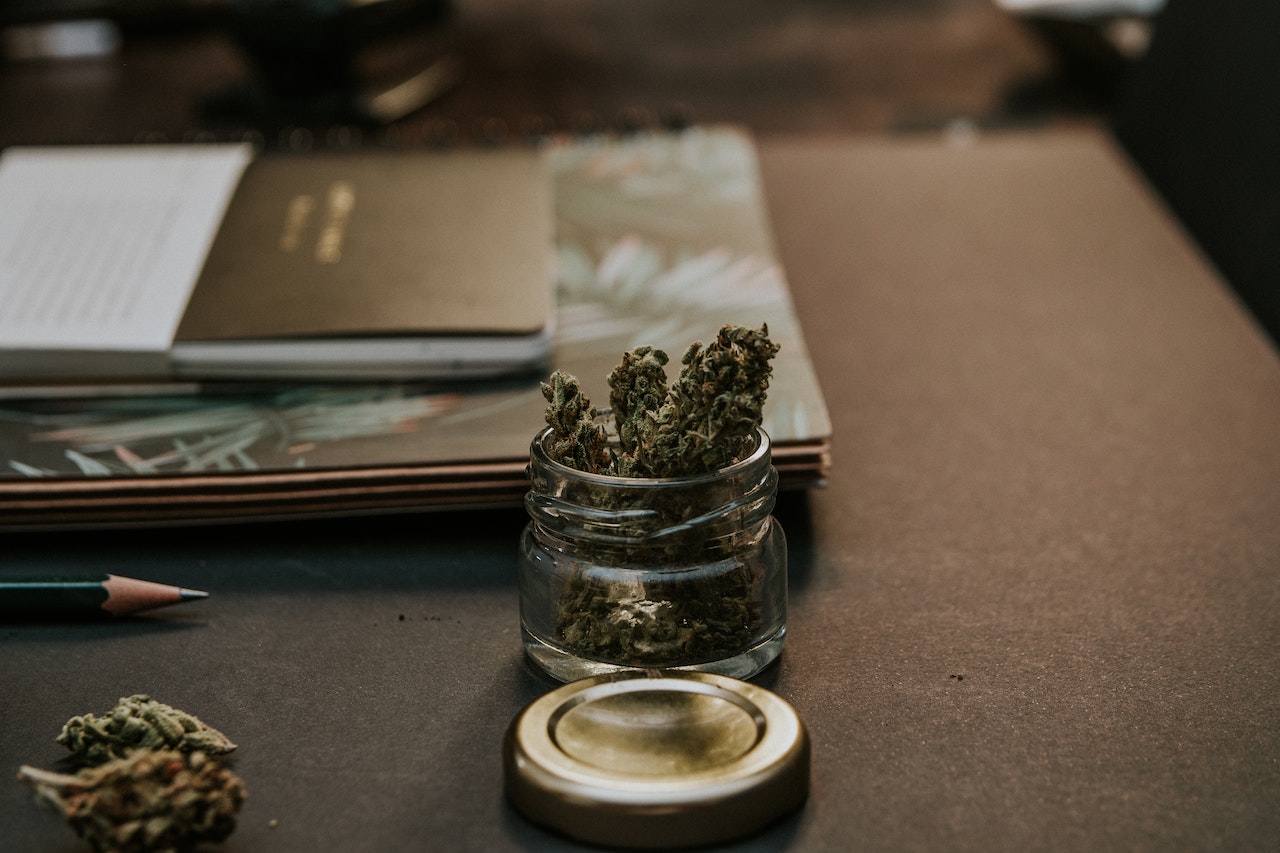Whether you’re applying for a job or currently working for an employer that requires employees to undergo drug tests, the decision of whether to smoke or ingest cannabis suddenly becomes quite complicated.
Since cannabis can stay in your system for weeks and even months, deciding whether or not to smoke or ingest cannabis products may impact your application or job. So instead of taking the risk and putting your employment on the line, it’s best to equip yourself with the necessary knowledge on cannabis drug testing.
Drug Testing In The Workplace
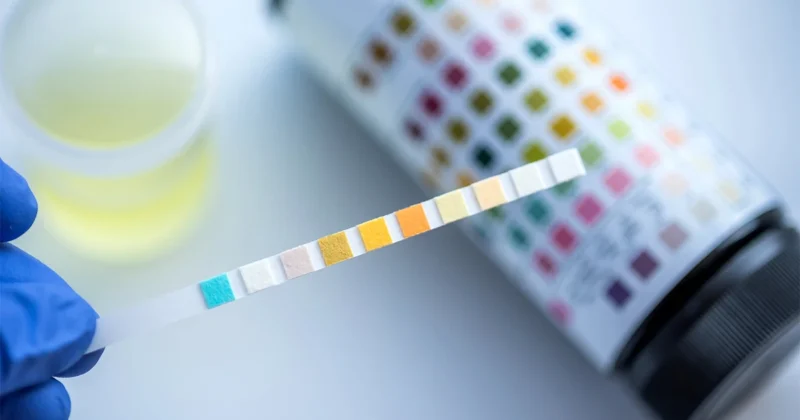
Drug testing can help enhance the health and safety of employees. It can also help increase workplace productivity, reduce absenteeism and decrease employers’ healthcare costs. These are just some of the reasons most businesses have a drug screening program not only for new applicants but also for existing employees.
However, a new survey revealed that almost 10% of companies worldwide are now getting rid of drug tests to attract more employees. In addition, with the legalization of recreational and medical cannabis use and the recent boom of cannabidiol (CBD) and tetrahydrocannabinol (THC) products, some employers are also dropping cannabis from their tests. They realize that many of their employees and potential applicants might use it and that implementing mandatory corporate cannabis drug tests can scare away talents.
That said, workplace drug testing isn’t likely to go away any time soon. After all, cannabis abuse won’t do businesses any good. Intoxication, especially in dangerous workplaces such as factory or construction work, is a liability for businesses, causing workplace injuries or accidents. In addition, there are special jobs that require mandatory drug testing under the law such as truck drivers and airline pilots.
Moreover, cannabis is not exactly a performance-enhancing drug for most tasks, especially THC variants. It can actually negatively impact reaction time and causes short-term memory. Furthermore, unlike other substances, cannabis is known to linger in your body for longer.
How Do Cannabis Drug Tests Work?
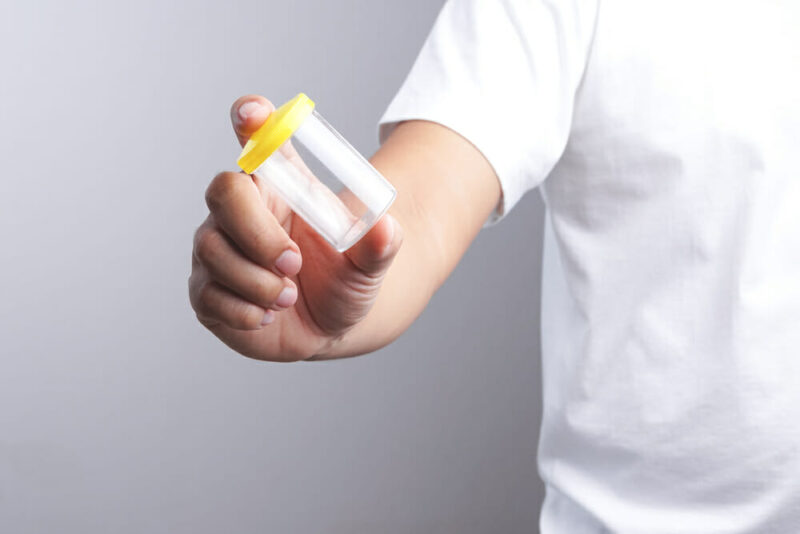
If your employer requires you to undergo a drug test, understanding how exactly the process works and how it detects cannabis in your system can help.
In general, drug tests detect cannabis by picking up THC, which is the psychoactive compound in the cannabis plant. Every time you ingest or smoke cannabis, your body metabolizes or breaks down THC metabolites and other compounds. Once metabolized, it’s distributed throughout your body via the bloodstream, causing these metabolites to show up in your blood, urine, hair, or saliva.
Currently, there’s a newly popularized form of THC known as delta-8-THC like those from Diet Smoke. It’s often marketed as a milder type of THC than the traditional delta-9-THC products. However, most tests might still pick up this THC variant. As such, it’s not recommended for consumption if you have an upcoming test.
If you’re ingesting CBD, which is the non-psychoactive compound of cannabis, then you don’t have to worry about it being detected by a drug test.
Type Of Cannabis Drug Testing
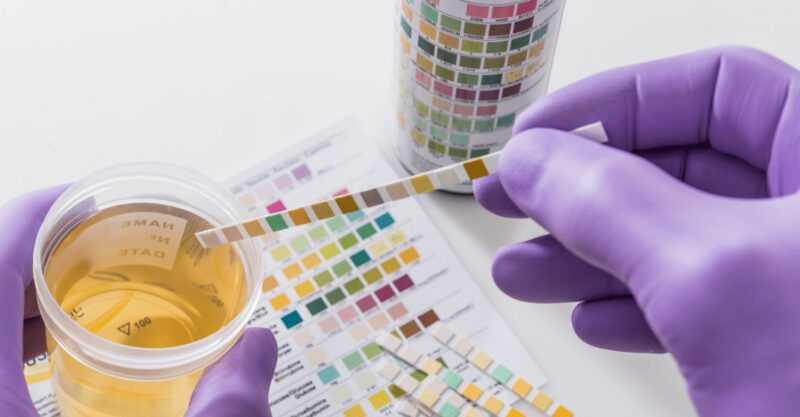
In general, there are four ways to screen for cannabis use. Take note that some tests are more common and cheaper to implement and thus often performed randomly and on sudden notice.
1. Saliva Drug Test
This is by far the easiest test to conduct and provides faster results. Thus, it’s a popular option for quick tests during a random workplace screening or an employment interview.
A saliva test is conducted by inserting and moving a cotton swab or small brush between the lower cheek and gums of the person for a few minutes to collect saliva samples. Alternatively, you can use an absorbent strip that can be placed between the lower cheek and the gums.
The result depends on whether or not the specimen changes color. If it does, then cannabis is detected in the person’s system.
2. Urine Drug Test
Urine drug testing or urinalysis is the most common way of testing for illegal substance use, including cannabis. It’s not as fast as saliva since it will need to be thoroughly cleaned and tested in a laboratory, thus having a longer detection time. However, it’s one of the most effective methods to detect cannabis use even after weeks.
In general, your employer will schedule you an appointment at a laboratory or clinic. Once you arrive at the lab or clinic, you’ll be given a container to collect the sample. After giving the sample, it will be tested and your employer will be notified of the results in a few days.
3. Blood Drug Tests
Unlike saliva and urine tests that look for metabolites, a blood test screens for actual drug traces. Hence, it is more suitable for determining current intoxication levels, instead of long-term consumption. It’s also quite expensive and should only be done by a licensed medical expert.
Like with urine tests, your employer will schedule a test in a lab or clinic. There, a licensed medical expert will take blood samples, which will be taken to a lab for testing. Your employer will be notified of the results in a few days.
4. Hair Drug Test
Out of all the types of drug tests, a hair test is the most comprehensive one since it has the most extended detection period. That said, it can only detect cannabis metabolites at least 7–10 days after the last use.
As with the previous types, your employer will schedule the test. You’ll have to provide a hair sample, usually from your head. However, if you have short hair or are bald, then they will take the hair sample from other body parts such as your armpit. The samples will be tested in a lab, and the results will be sent to your employer in a couple of days.
How Long Does Cannabis Stay In Your System?
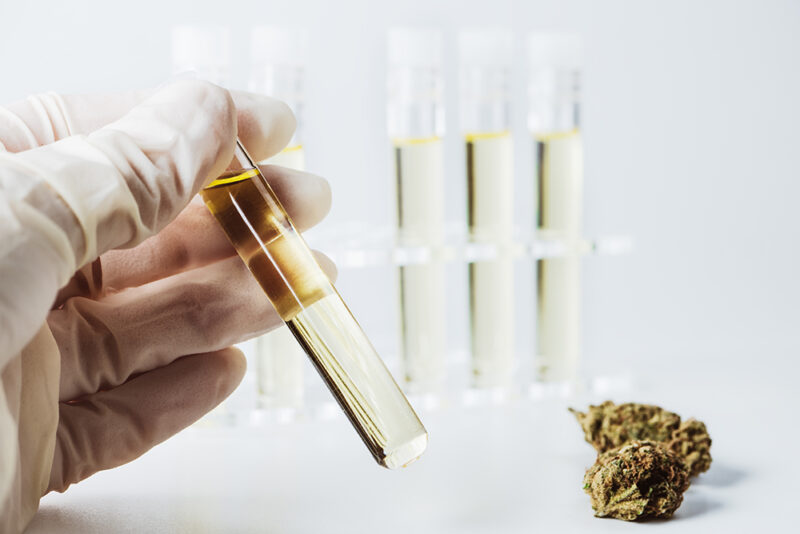
THC is a fat-soluble compound and has a very long half-life, which refers to the amount of time it takes for THC concentrations in your body to decrease by half. How long residual THC concentrations remain in your body will depend on your cannabis use.
For instance, compared with frequent users, if you infrequently used cannabis, then the THC in your body may have a shorter half-life.
In addition, the detection of cannabis depends on the sample taken. For blood and saliva, cannabis can be detected within 12–24 hours of use. Meanwhile, urine tests can be up to 30 days, depending on the frequency of use. Lastly, cannabis can be detected even up to 90 days of use with hair specimens.
Aside from the type of drug test, other factors affect how long cannabis becomes detectable on a drug test. These include:
- Gender, body mass index, level of hydration, genetics, overall health, excretion routes, and metabolism rate
- Method of consumption
- Amount of THC consumed
- Frequency of use and dosage
- Specificity and sensitivity of the test
Takeaway
While most countries have already legalized recreational and medical cannabis use, the law may still permit employers to deny or let go of employees who fail a cannabis drug test. As such, it has become a growing concern among cannabis users. Whether or not you’re facing a drug test schedule, understanding the basics of cannabis drug testing can help you prepare well.

